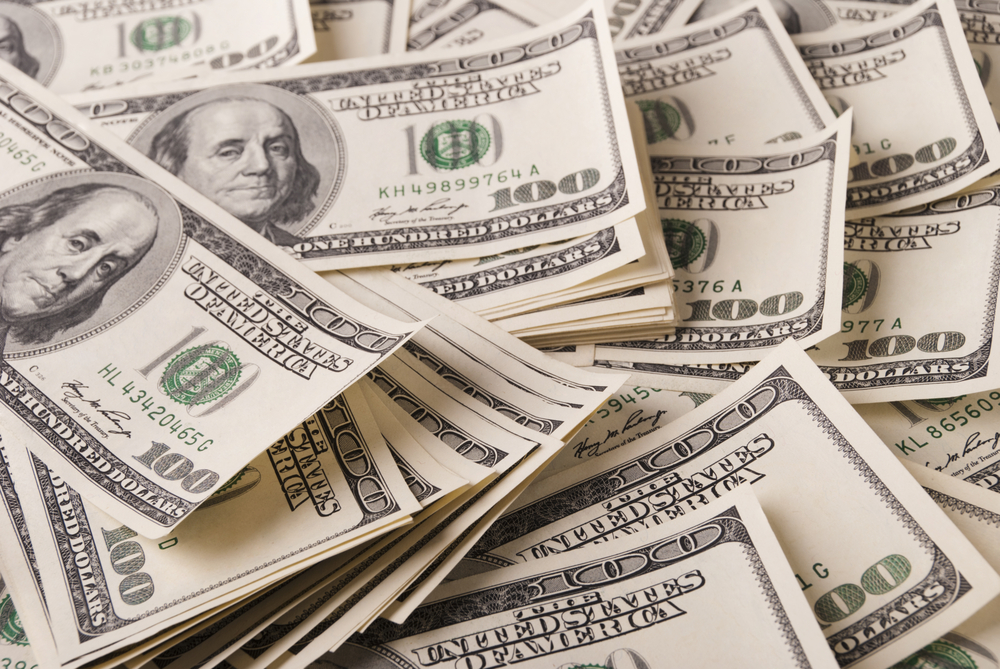
Sterling fell against most currencies yesterday, including by around a third of a percent against the euro and Canadian dollars and a little more against the Australian dollar.
However, there was a better result against the US dollar, which has been the big loser this week, with sterling returning to its strongest position since early last June.
Overall, however, a negative week for sterling. Data yesterday showing flatlining UK GDP in February would have disappointed the markets and stood in contrast to eurozone industrial production which beat expectations to rise by 1.5% in March.
Annualised economic growth in the UK currently stands at 0.5%, and the IMF expects this to drop to a 0.3% drop overall this year. However, yesterday British Chancellor Jeremy Hunt insisted that the UK would do “significantly better”. Strikes amongst civil servants and teachers were blamed for the disappointing GDP figure, and these appear set to continue.
While the US president was enjoying a third day rekindling his Irish roots, his entourage will have found their local spending power in Ireland declining. The US dollar fell to its weakest for over a year compared to the euro. However, given the main cause of dollar weakness is falling US inflation it will be a problem Biden is happy to have.
An OECD report yesterday found that the UK suffered the biggest decline in the G7 for workforce participation. Only 78.6% of adults are either in work or job hunting, less than the 79.5% pre-pandemic, with some 500,000 people having left the workforce since the pandemic. However, the UK still has more adults in work than the OECD average. The US, for example, has just 74% of adults in work.
On the subject of jobs, the UK unemployment figure will be the first big data of next week, being released by the Office for National Statistics at 7am on Tuesday. A small rise on the current 3.7% level is expected, and will be closely monitored for signs that the UK economy is suffering from high interest rates.
Also out next week, inflation on Thursday and retail sales on Friday, all of which could affect exchange rates.
Make sure any upcoming transactions are protected against the risks of sudden market movements. Secure a fixed exchange rate now with a forward contract; call your Business Trader on 020 3918 7255 to get started.
GBP: Sterling failing to make headway against euro
The pound has weakened by around a third of a percent against the euro since yesterday morning, but strengthened by a similar amount against the US dollar.
It’s been a slow week of grinding losses against the euro, continuing the battle that has seen little overall movement since the end of 2022.
With no interest rate decision for another month, there is still plenty of potentially market-moving data next week, with inflation and unemployment.
GBP/USD past year
EUR: Single currency hits one-year high against dollar
The euro climbed another three-quarters of a percent yesterday against the US dollar to its strongest since the first week of April last year.
German inflation was confirmed yesterday at 7.4% annually, with a 0.8% rise in March. However, this morning we’ve seen wholesale prices in Germany (Europe’s largest economy) rising by just 0.2% in March. This equates to 2% annually, against an expected 4.4% rise, and down on February’s 8.9% rise.
Next week kicks off with more final inflation results, but the big event of the week is the ZEW Economic Sentiment Index for Germany on Tuesday.
USD: Falling inflation sets the tone for dollar
Wednesday’s falling inflation data continues to weigh on the US dollar, which has now reached a one-year low against the euro and 10-month low against sterling.
Producer prices fell 0.5% month-on-month in March, the largest decline since April 2020. Later today we’ll get some readings on consumer mood. The first will be retail sales for the US, which are expected to decline along the lines of last month’s 0.4% drop. After that comes the Michigan Consumer Sentiment Index. This fell last month, but will it again?
Next week is relatively quiet for US data.
For more on currencies and currency risk management strategies, please get in touch with your Smart Currency Business trader on 020 3918 7255 or your Private Client trader on 020 7898 0541.

 020 7898 0500
020 7898 0500